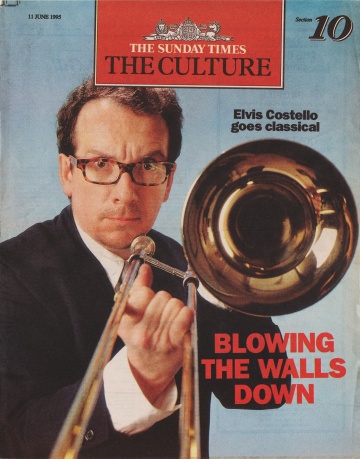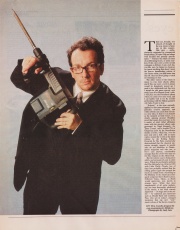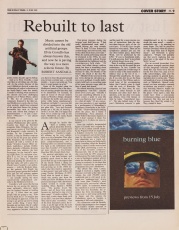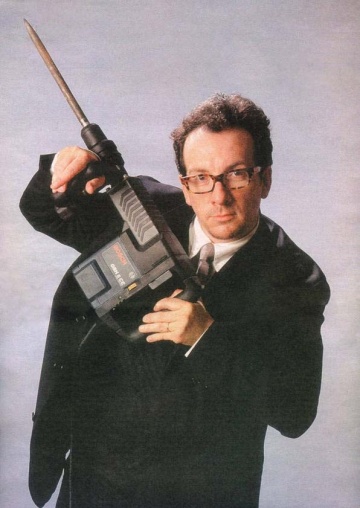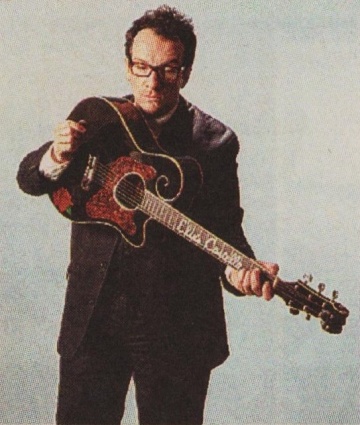London Times, June 11, 1995: Difference between revisions
(+text part 1) |
No edit summary |
||
| Line 11: | Line 11: | ||
{{Bibliography text}} | {{Bibliography text}} | ||
There are, broadly, two schools of thought on the way music is heading in this country. One view — enthusiastically supported by commercial broadcasters, ad sales folk and others with decided and proudly specific tastes — foresees the future in terms of proliferating boxes, or niche markets. If this view were used, it would conjugate as follows: I am a rock fan, you like jazz, he listens to classical, we ignore anything that doesn't meet the narrow membership criteria of our chosen niche, you had better turn that off, they are never going to catch ''me'' listening to ''that''. | |||
The other vision of the future in music is a far more chaotic affair, and if this one were a verb its tenses would be hopelessly mixed up: I used lobe a dedicated rock fan, now I attend the odd prom concert, next week I am off to Ronnie Scott's club, I will play you the Portishead album when you come over next week, and lean hardly wait to see Ry Cooder performing with the Malian guitarist Ali Parka Toure in July. | The other vision of the future in music is a far more chaotic affair, and if this one were a verb its tenses would be hopelessly mixed up: I used lobe a dedicated rock fan, now I attend the odd prom concert, next week I am off to Ronnie Scott's club, I will play you the Portishead album when you come over next week, and lean hardly wait to see Ry Cooder performing with the Malian guitarist Ali Parka Toure in July. | ||
Revision as of 21:00, 2 March 2014
|
